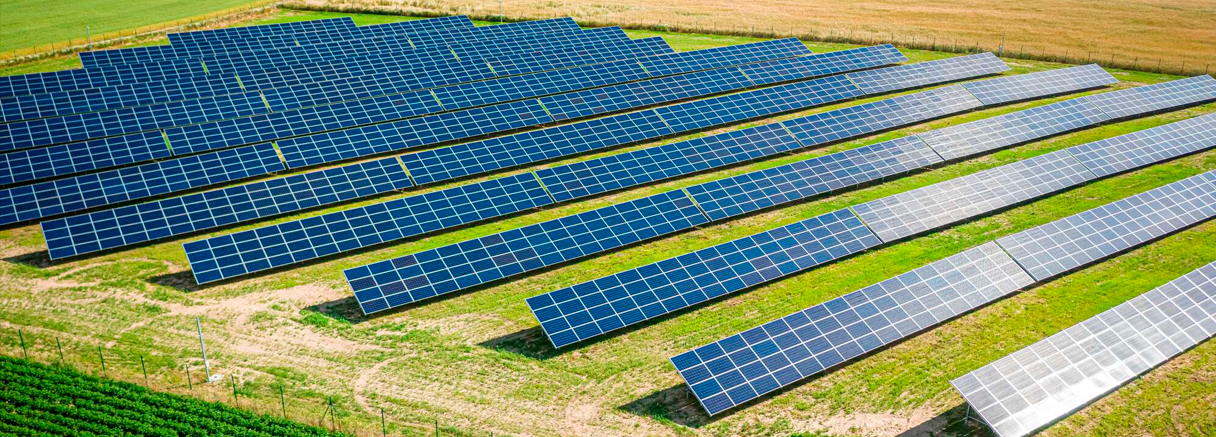A Just energy transition: Navigating a clean energy shift

The 28th Conference of the Parties to the United Nations Framework Convention on Climate Change (COP28) is a crucial event for countries across the globe to work together in achieving a just and organised transition towards clean energy.
This significant conference is set to take place in Dubai from November 30 to December 12, 2023.
COP28 has tremendous importance in the global fight against climate change. It comes between the establishment of the 1.5-degree Celsius goal in 2015 and the forthcoming 2030 deadline for halving emissions.
The focus of COP28 is to expedite the shift from fossil fuels to a cleaner, more sustainable energy paradigm. This transition is not just about reducing emissions but also about doing so in a way that is fair, equitable, and economically revitalizing.
A Just Transition means greening the economy in a way that is as fair and inclusive as possible to everyone concerned, creating decent work opportunities and leaving no one behind. Its main goal is to fight climate change, which is mainly caused by greenhouse gas emissions from fossil fuels. The need for quick action is emphasized by the current and projected devastating effects of climate change. However, this shift is not just about mitigating climate impacts; it also promises to bring about economic revitalization.
The growing clean energy sector, consisting of renewable energy, energy efficiency, and storage industries, is expected to create millions of jobs. This transformation not only addresses air pollution issues but also tackles respiratory illnesses and other life-threatening diseases. The principles guiding this transition ensure that workers in fossil fuel industries are actively involved, communities have a say in decision-making, and there are strong social safety nets in place.
COP28 is more than just a platform for discussions; it represents a commitment to secure a sustainable and fair future for all. In it, a Just Transition is an economic consideration as well as a moral obligation. Its discussions will focus on ensuring an equitable transition, with a particular focus on vulnerable communities, especially in regions like Africa, where a just transition is not just an aspiration; it is a necessity. Using the Global Stocktake to assess progress towards Paris Agreement targets, the COP will create a platform for discussions on accelerating the transition to renewable energy.
Many African nations aim to skip traditional development paths and adopt clean energy. COP28 provides a crucial platform for their leaders to emphasize the importance of international support in terms of technology transfer, capacity building, and financial assistance.
The two-week convention is expected to bring up concrete commitments and actionable plans for a fair transition while recognising diverse impacts on countries. It will require international cooperation, sharing best practices, and protecting vulnerable communities, especially in Africa.